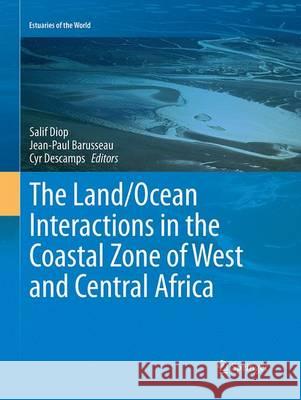The Land/Ocean Interactions in the Coastal Zone of West and Central Africa » książka
topmenu
The Land/Ocean Interactions in the Coastal Zone of West and Central Africa
ISBN-13: 9783319348377 / Angielski / Miękka / 2016 / 210 str.
The Land/Ocean Interactions in the Coastal Zone of West and Central Africa
ISBN-13: 9783319348377 / Angielski / Miękka / 2016 / 210 str.
cena 605,23 zł
(netto: 576,41 VAT: 5%)
Najniższa cena z 30 dni: 578,30 zł
(netto: 576,41 VAT: 5%)
Najniższa cena z 30 dni: 578,30 zł
Termin realizacji zamówienia:
ok. 22 dni roboczych
Bez gwarancji dostawy przed świętami
ok. 22 dni roboczych
Bez gwarancji dostawy przed świętami
Darmowa dostawa!
Kategorie:
Kategorie BISAC:
Wydawca:
Springer
Seria wydawnicza:
Język:
Angielski
ISBN-13:
9783319348377
Rok wydania:
2016
Wydanie:
Softcover Repri
Numer serii:
000467892
Ilość stron:
210
Waga:
6.43 kg
Wymiary:
27.9 x 21.0
Oprawa:
Miękka
Wolumenów:
01











